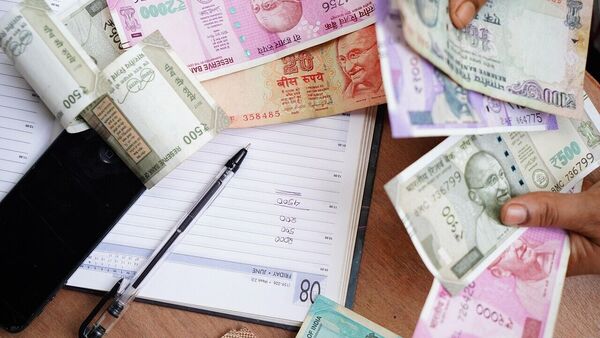Key Takeaways
- ₹45,060 crore package approved for export sector
- Credit Guarantee Scheme offers ₹20,000 crore collateral-free loans
- Export Promotion Mission gets ₹25,060 crore for FY26-31
- Focus on MSMEs and sectors hit by US tariffs
The Union Cabinet has approved two major schemes worth ₹45,060 crore to boost India’s exports and support MSME exporters facing liquidity challenges.
Credit Guarantee Scheme for Exporters
The Credit Guarantee Scheme for Exporters (CGSE) provides 100% government guarantee for collateral-free loans up to ₹20,000 crore. This initiative targets easing liquidity constraints and helping exporters expand into new markets.
The scheme offers additional working capital of up to 20% of sanctioned export credit limits, valid until March 31, 2026. A management committee led by the Department of Financial Services secretary will oversee implementation.
Addressing US Tariff Challenges
This support comes as India faces 50% tariffs from the US, the highest among trading partners except Brazil. Union Minister Ashwini Vaishnaw stated, “The scheme will help exporters diversify into new and emerging markets and strengthen India’s position as a reliable global supplier.”
Export Promotion Mission Framework
The Export Promotion Mission (EPM) with ₹25,060 crore allocation consolidates various export support schemes into a unified framework. It operates through two sub-schemes:
- Niryat Protsahan (₹10,400 crore): Focuses on trade finance including interest subvention and export credit cards for e-commerce
- Niryat Disha (₹14,660 crore): Supports non-financial aspects like quality testing, branding, and logistics
Sector Focus and Implementation
The Mission prioritizes sectors affected by global tariff hikes: textiles, leather, gems and jewellery, engineering goods, and marine products. The Directorate General of Foreign Trade (DGFT) will implement the scheme with digital processing.
Ajay Bhadoo, Additional Secretary & Director General, emphasized the scheme focuses on MSMEs and labor-intensive sectors facing losses.
Industry Response
Vinod Kumar, President of India SME Forum, noted the timing is crucial as exporters struggle with credit tightening and higher trade costs. “Together, they create a strong safety net and growth platform for India’s export-oriented MSME base,” he said.
Mineral Royalty Rationalization
In a separate decision, the Cabinet approved royalty rate adjustments for critical minerals: 2% for caesium and rubidium, 1% for zirconium, and 2-4% for graphite based on carbon content. This aims to boost domestic production for green energy and high-tech industries.




